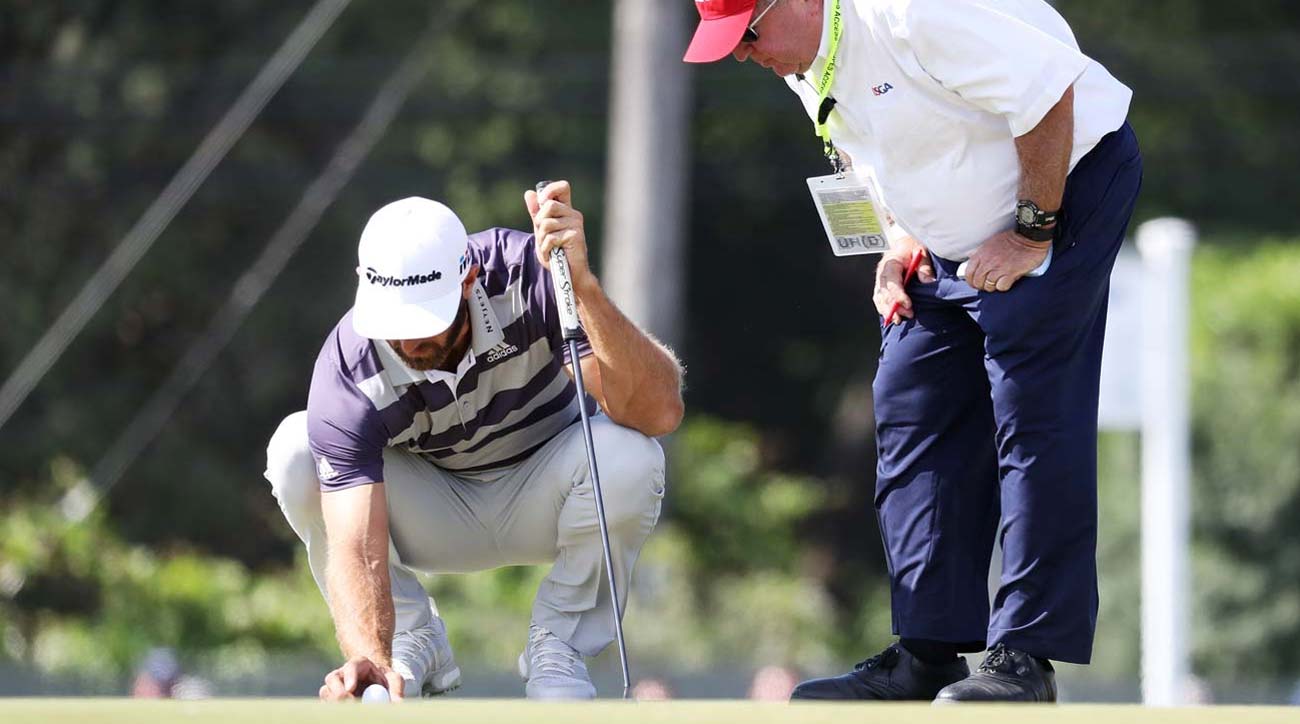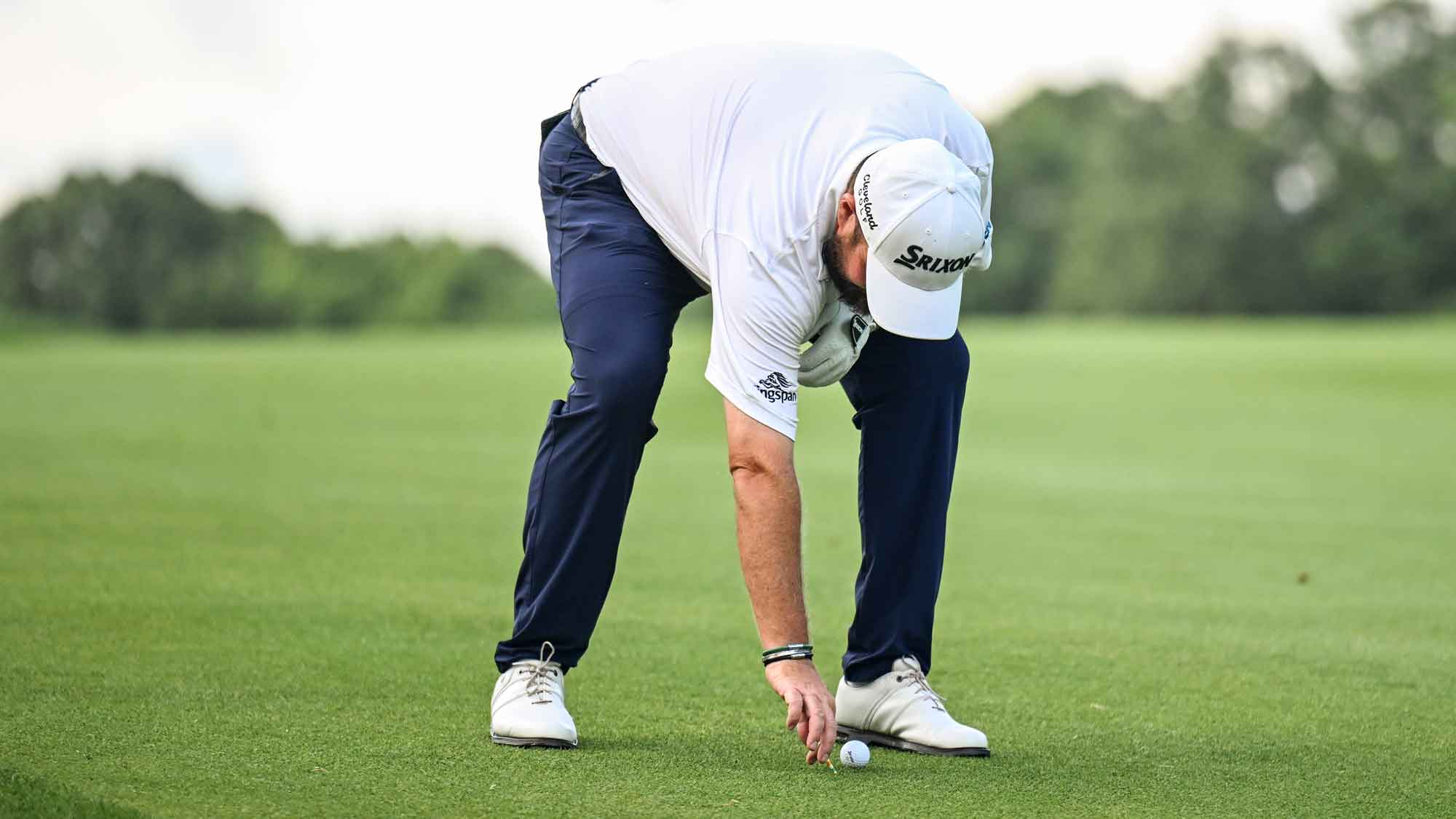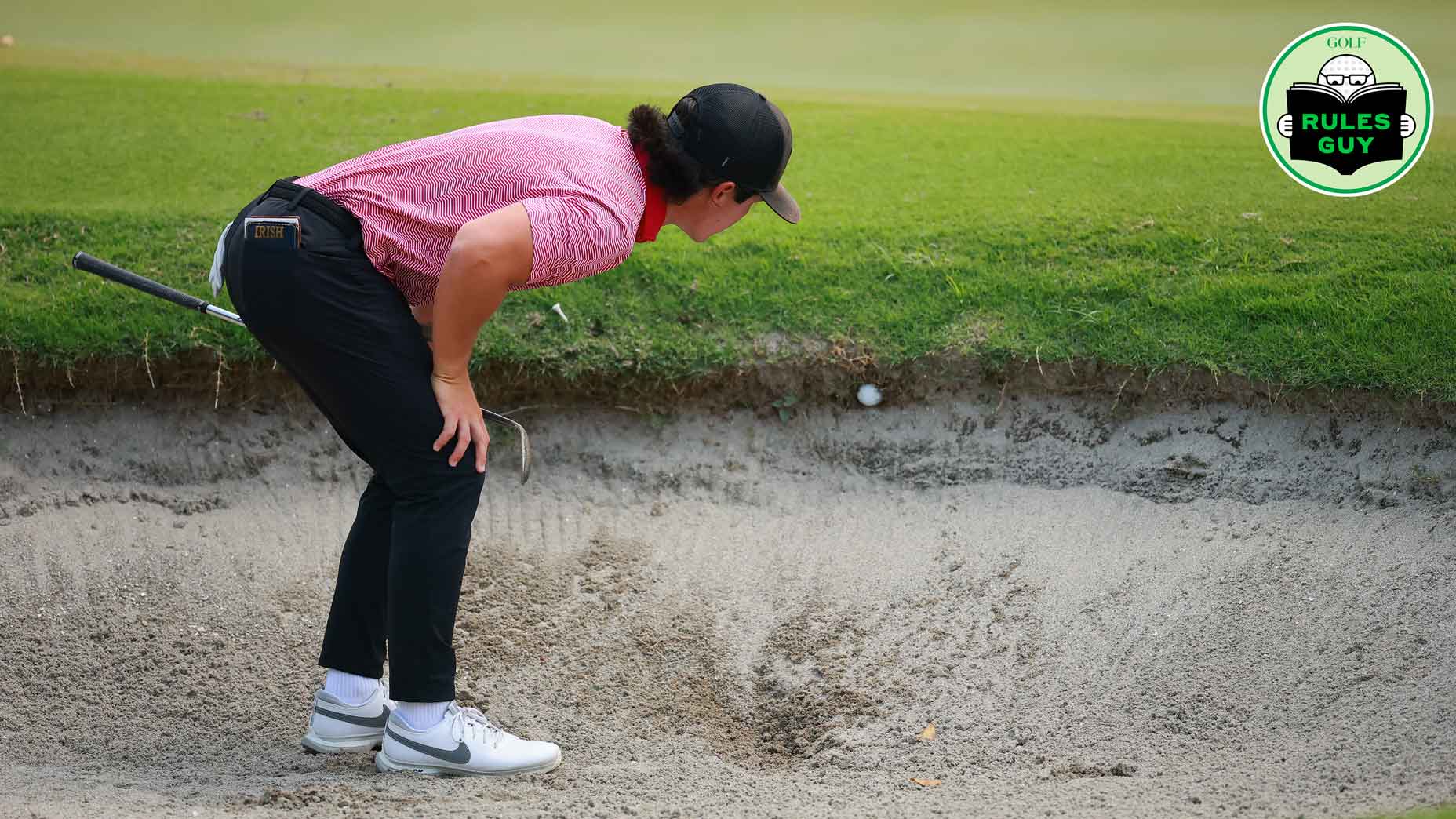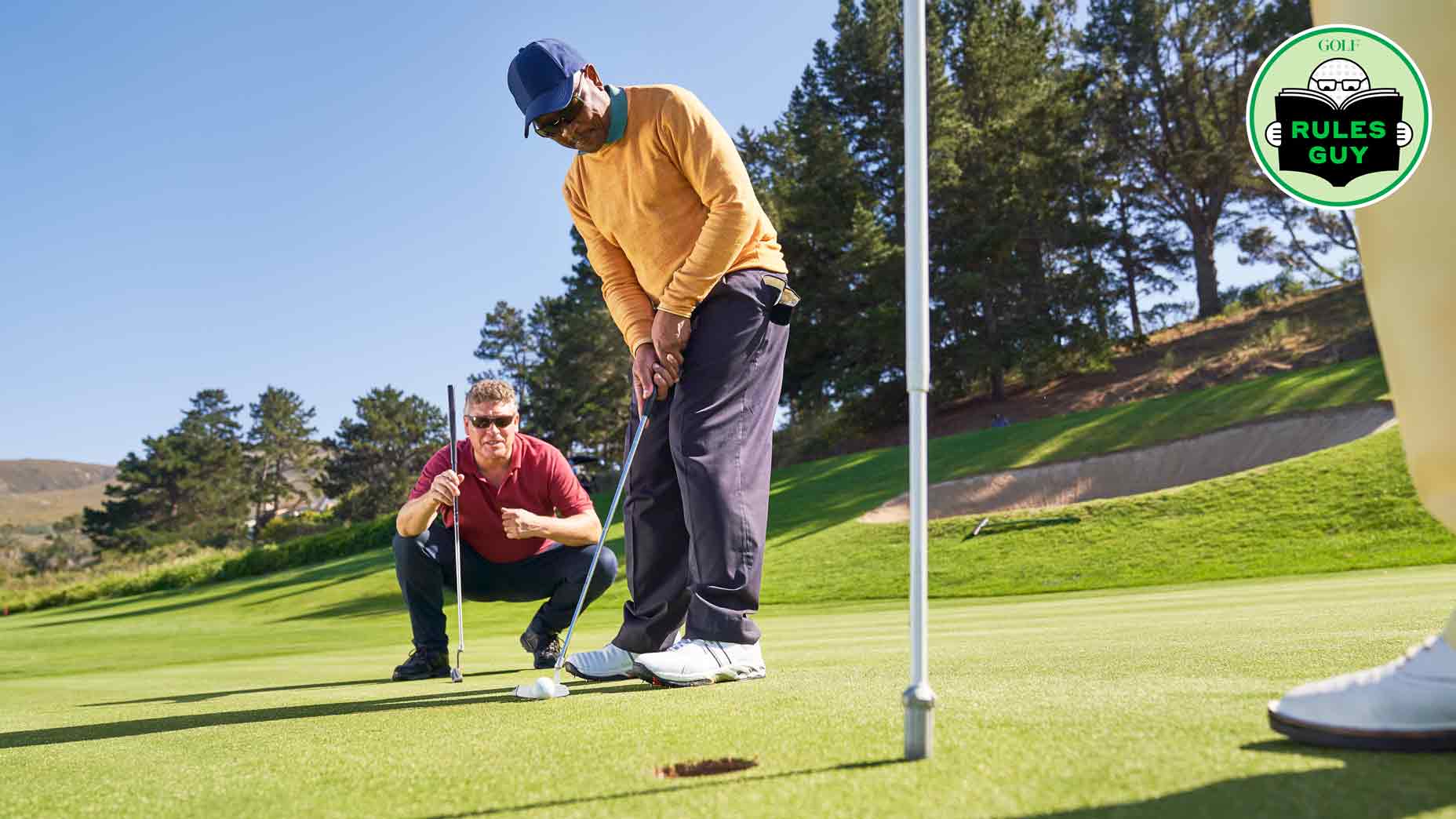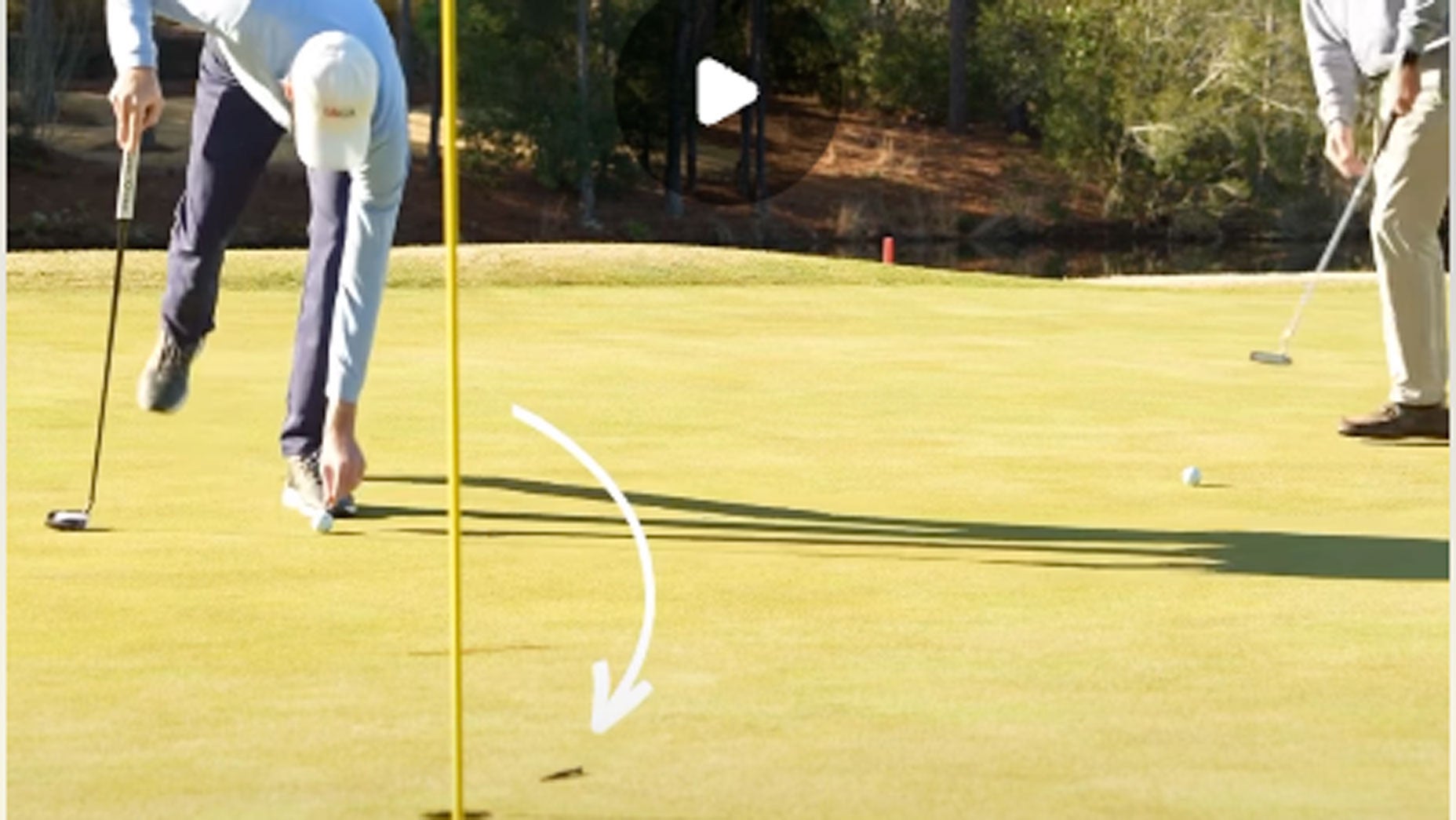 Rules Guy: Is it legal to play a ball with no identifying markings?
Rules Guy: Is it legal to play a ball with no identifying markings?
Rules Corner: What are some of the new rules on the putting green?
The putting green can be a complex area of the golf course. Not only do you have to deal with one of the most maddening elements of the game, but your mistakes are magnified, and your scores ultimately defined. With those complexities comes a number of rules that don’t apply anywhere else on the golf course. Once you get to the dance floor, the rules quite literally change.
With the release of the updated Rules of Golf in 2019 also came changes to rules on the putting green. In short, the rules became much simpler. Here are three of the changes in the updated Rules of Golf.
1. Leaving the flagstick in the hole
The most major change to the rule has to do with leaving the flagstick in the hole while putting. This used to be a two-stroke penalty if you struck a putt that hit the flagstick while in the hole. Now, under Rule 13.2a, you are allowed to leave the flagstick in. The rule states, “if you make a stroke with the flagstick left in the hole and the ball in motion then hits the flagstick, there is no penalty and the ball must be played as it lies.”
ADVERTISEMENT
2. Repairing imperfections on the green
Another change is the ability to repair damage to the green. The previous rule stated you could only repair only ball marks and hole plugs. Now under Rule 13.1c “players may repair damage on the putting green without penalty by taking reasonable actions to restore the putting green as nearly as possible to its original condition.” This new rule eliminates most questions about what can and can’t be fixed on the course and speeds up play.
3. Accidentally moving ball
If your ball accidentally moves while on the green, fear not, there is no penalty. This is covered under Rule 13.1d which states, “there is no penalty if you, your opponent or another player in stroke play accidentally move your ball or ball marker on the putting green. You must replace your ball on its original spot (which if not known must be estimated) or place a ball marker to mark that original spot.”
To receive GOLF’s all-new newsletters, subscribe for free here.
ADVERTISEMENT

